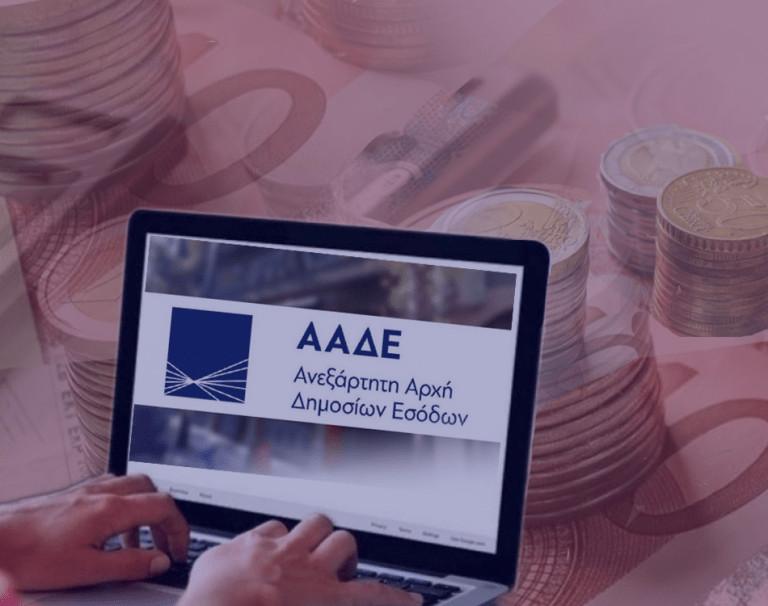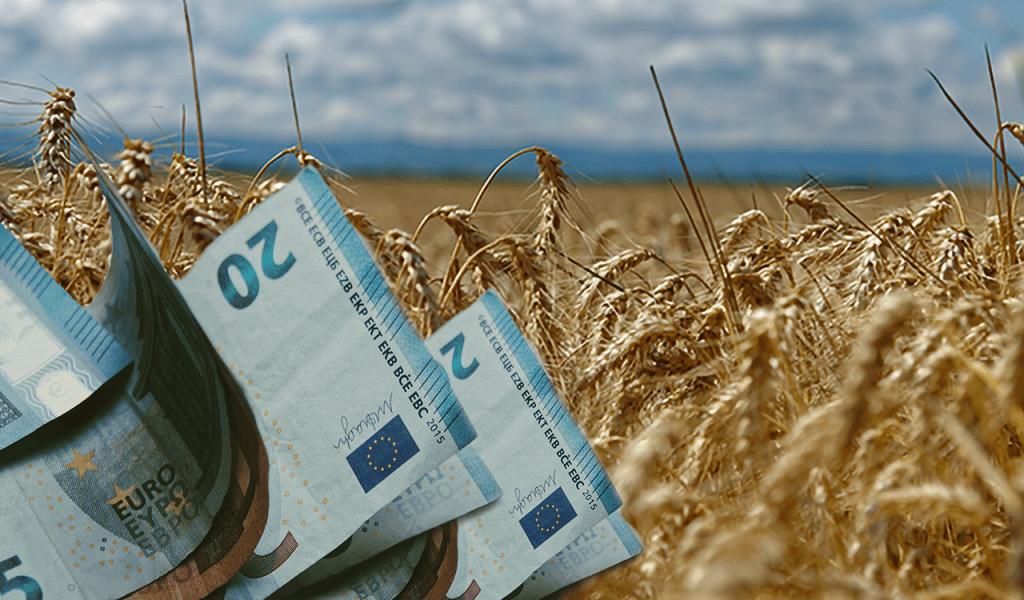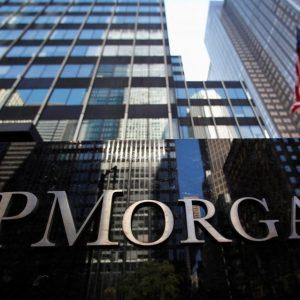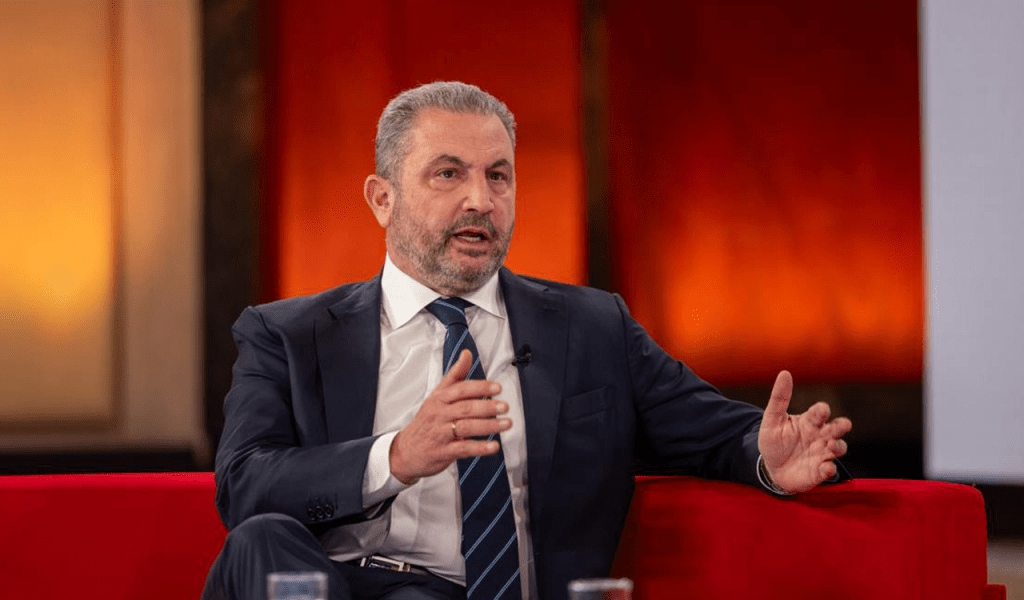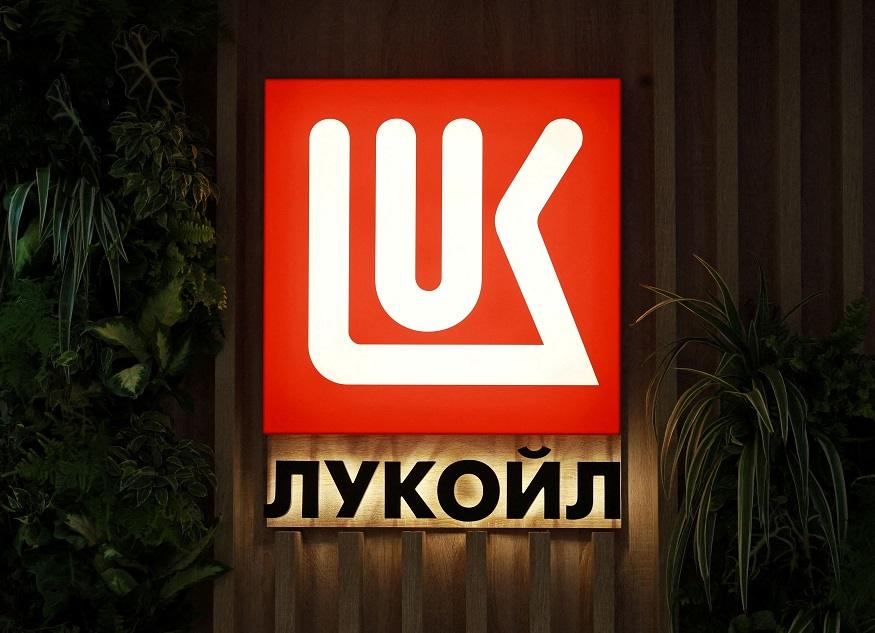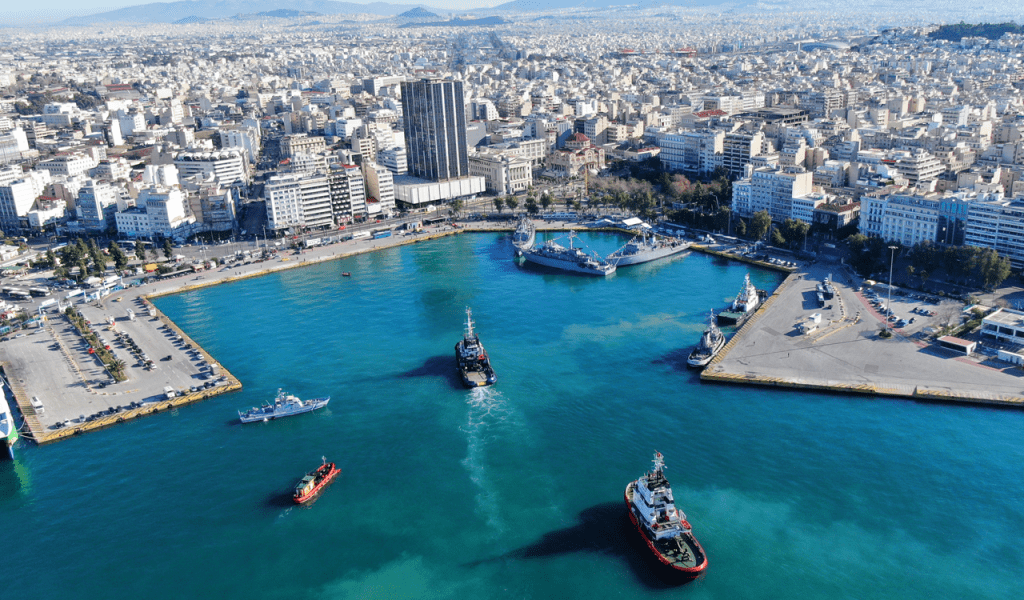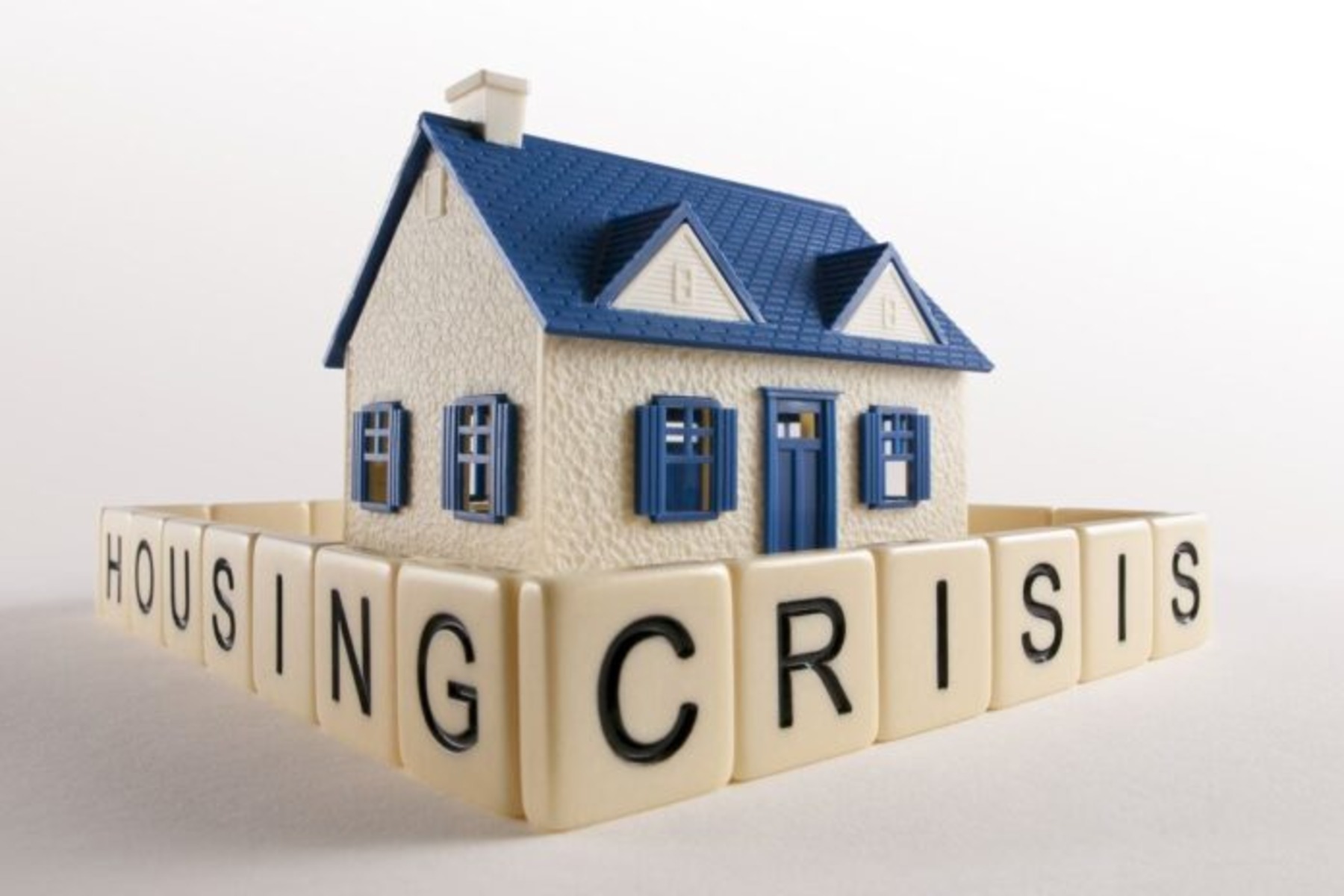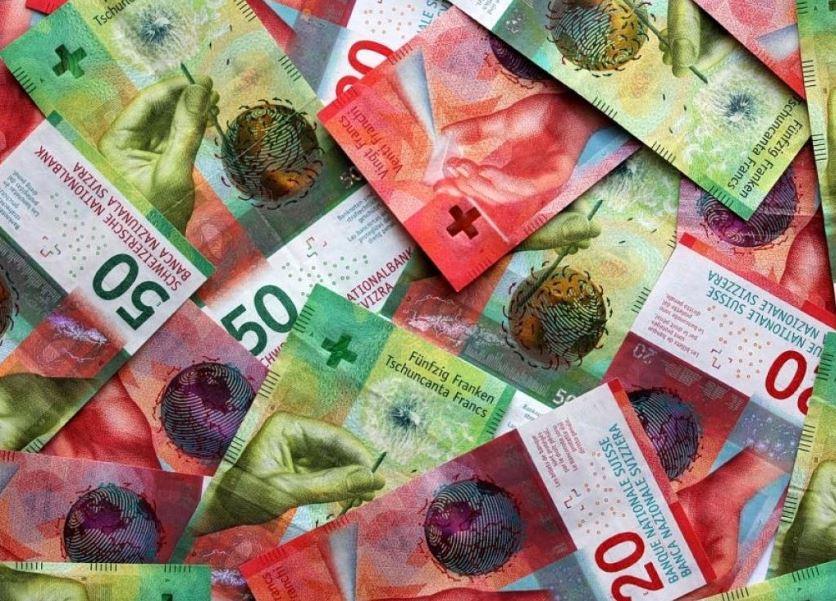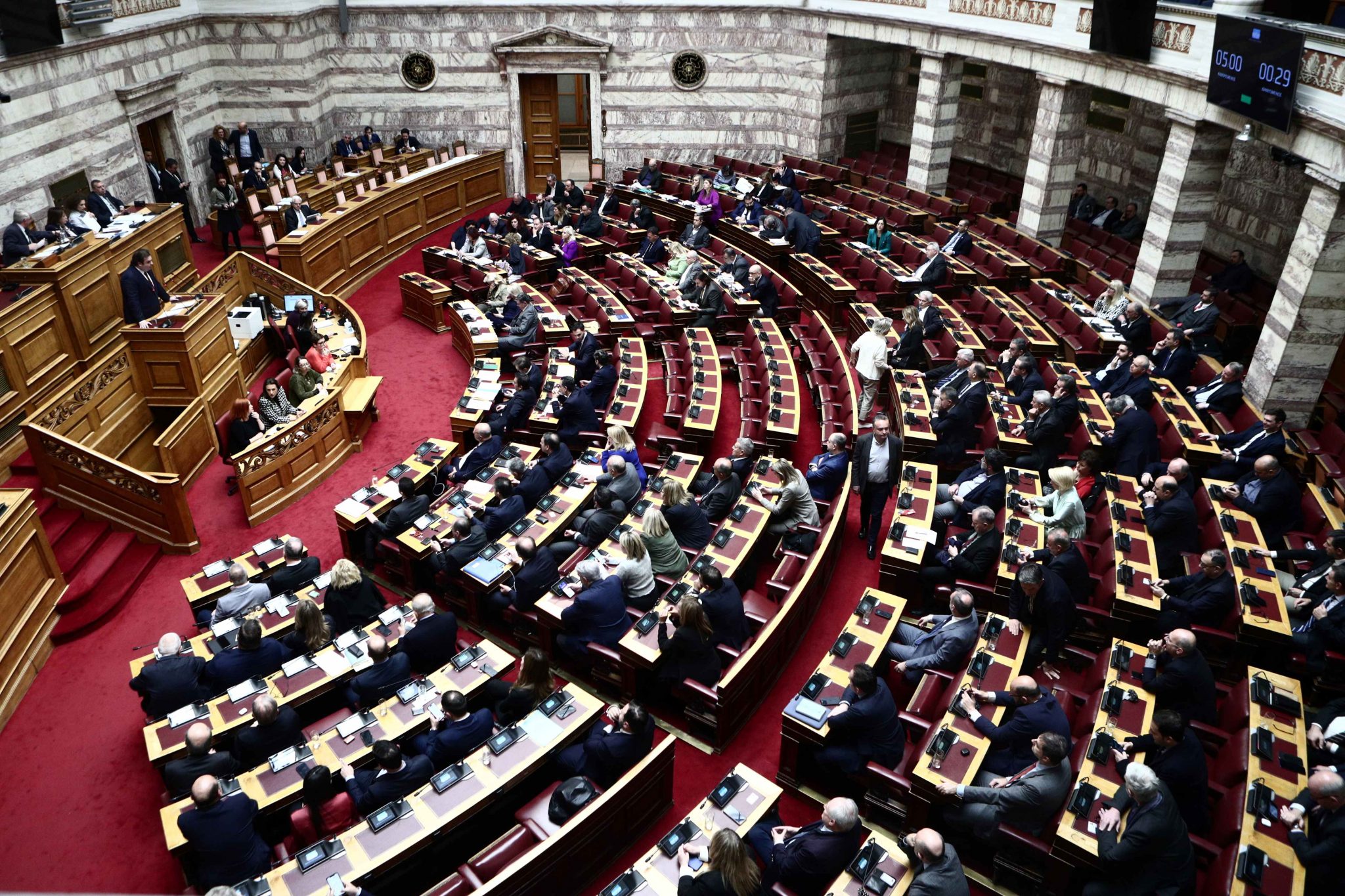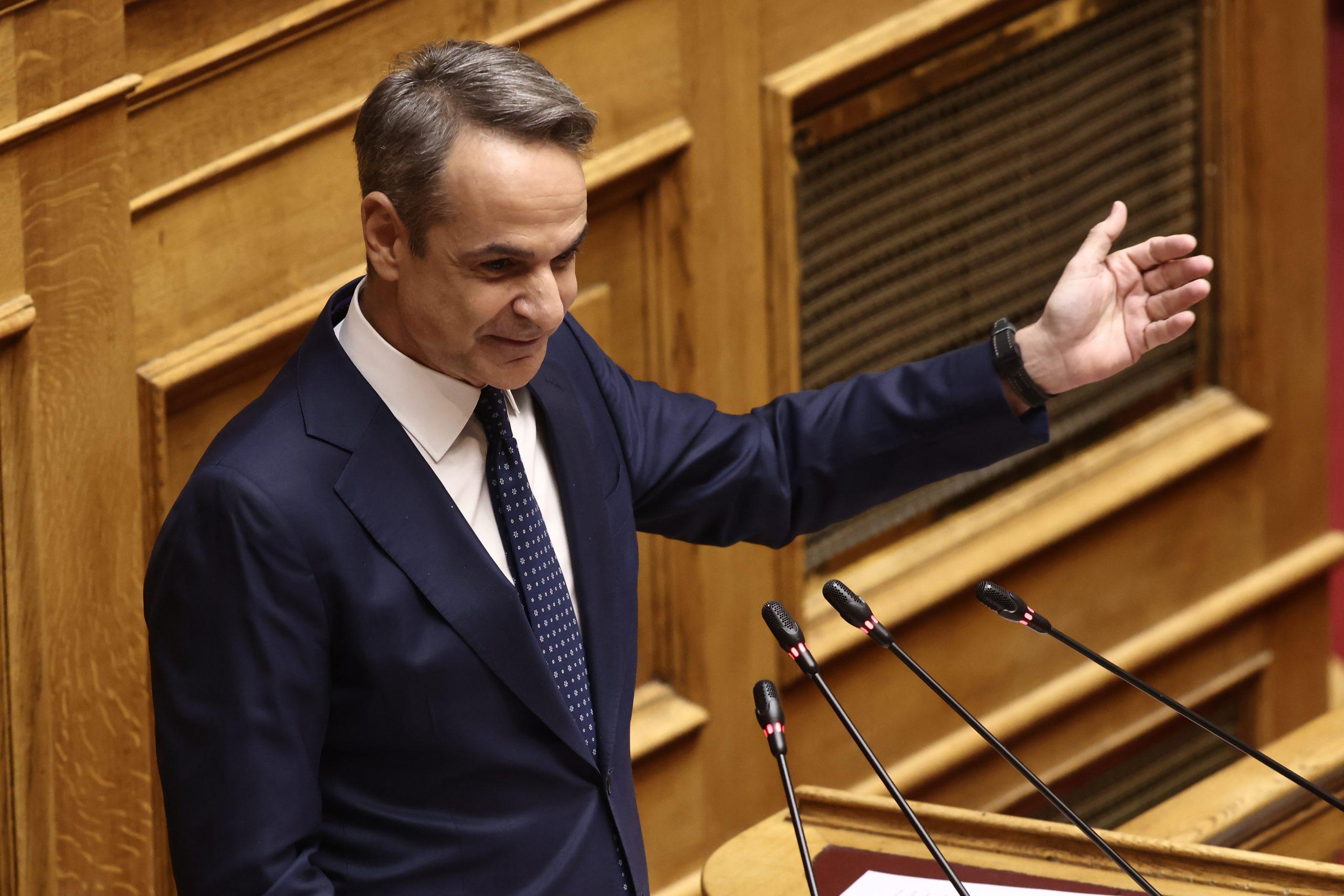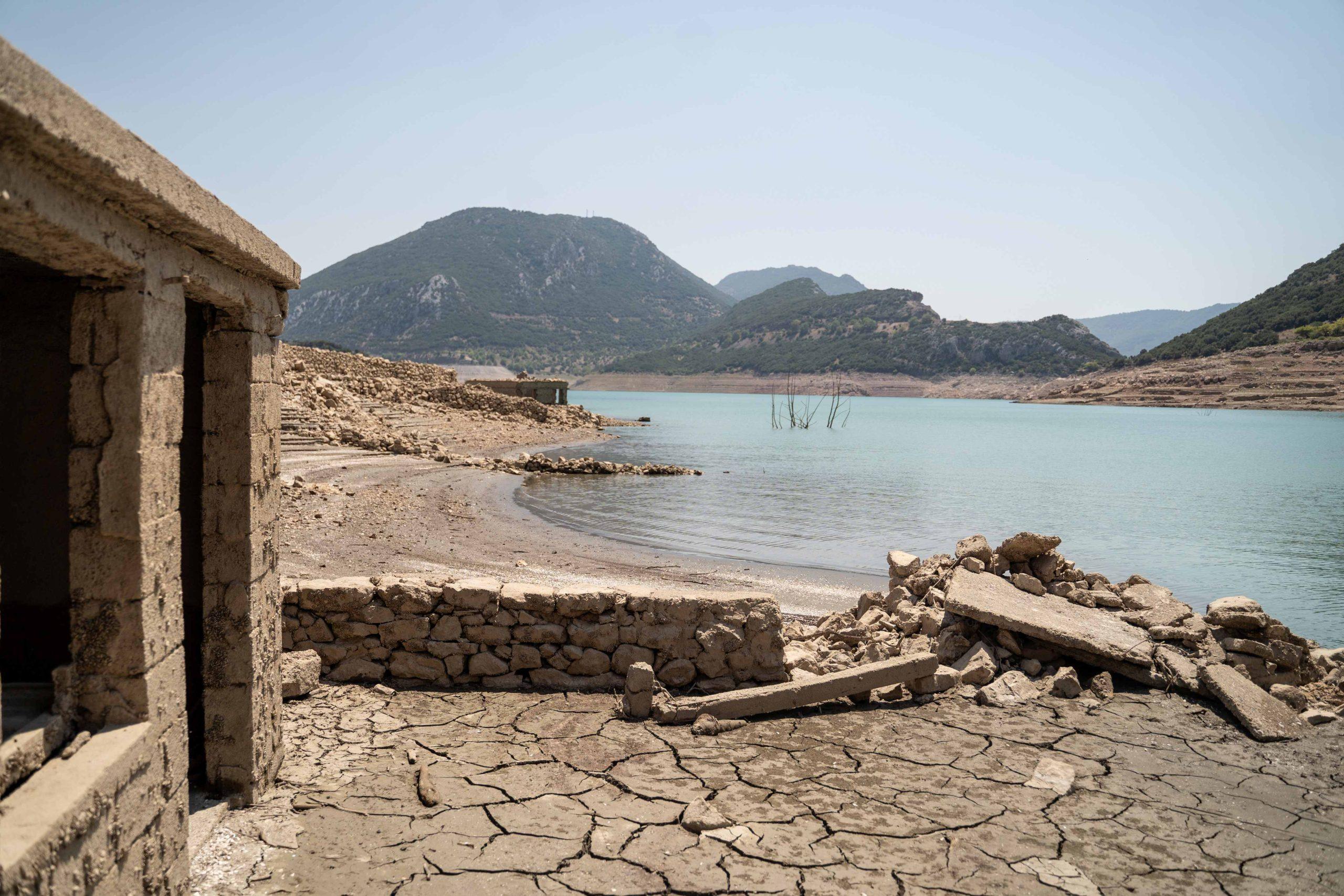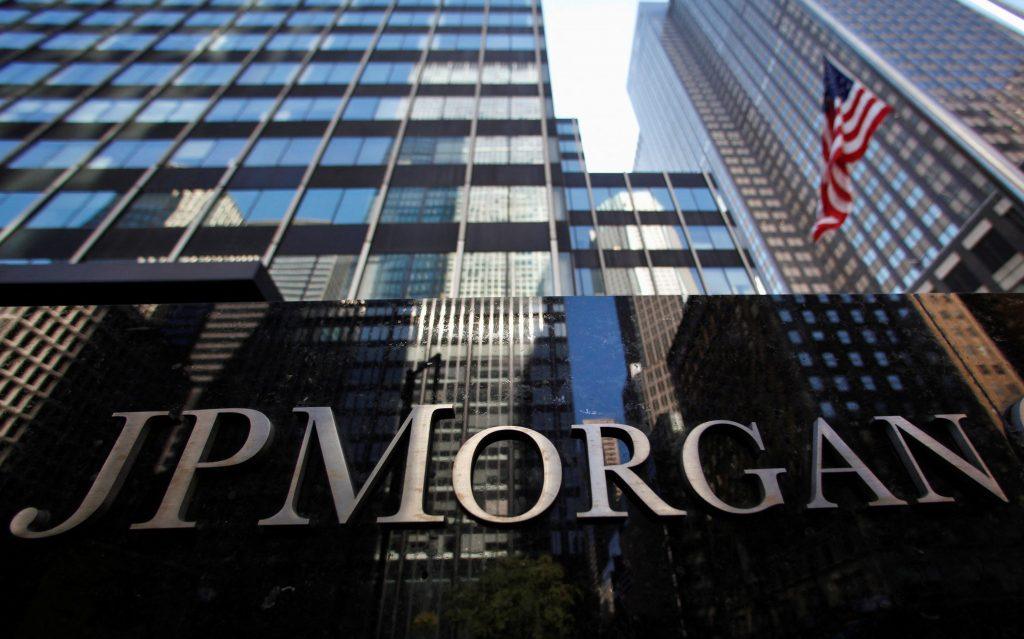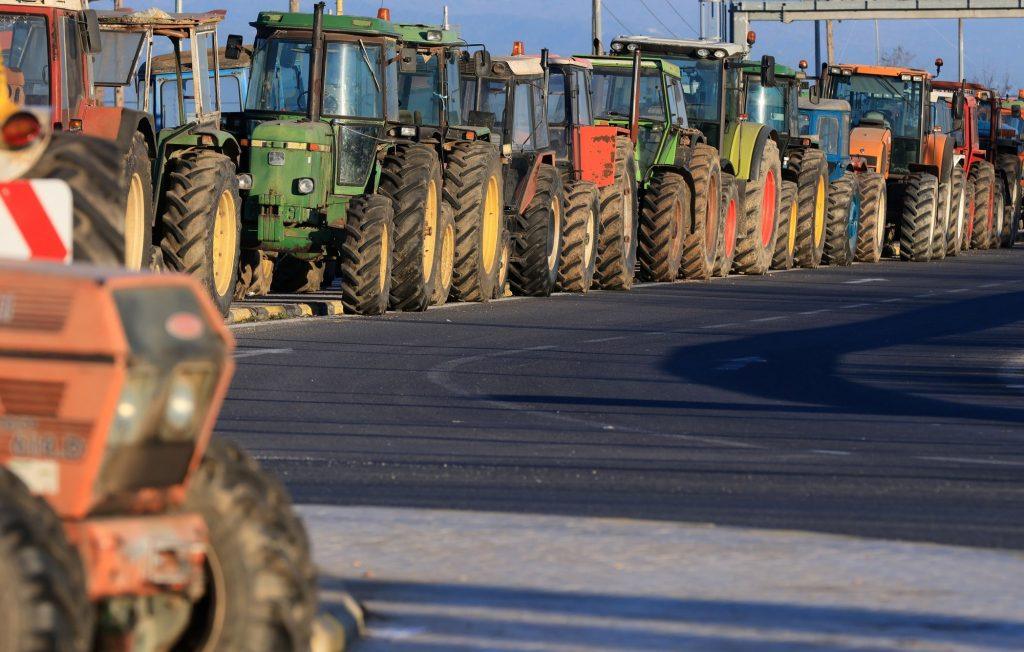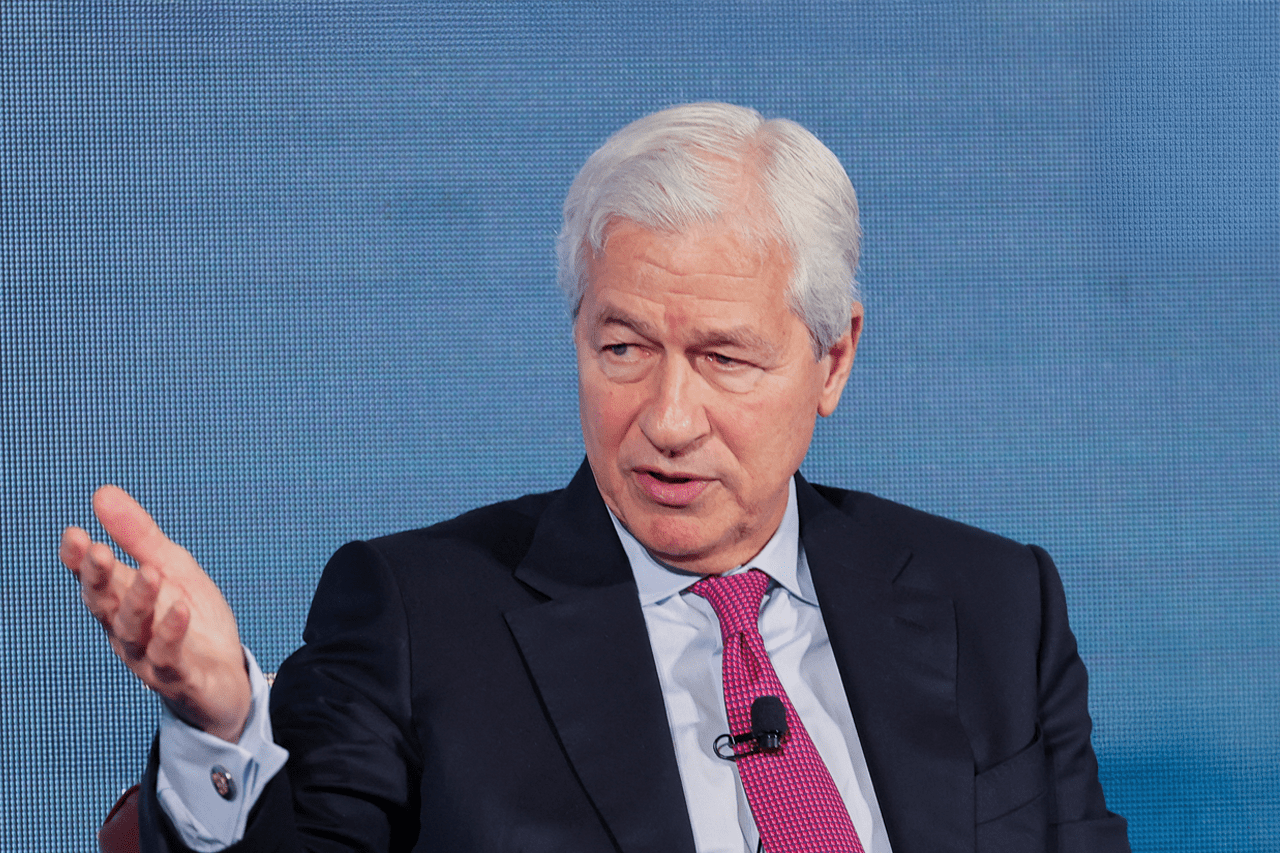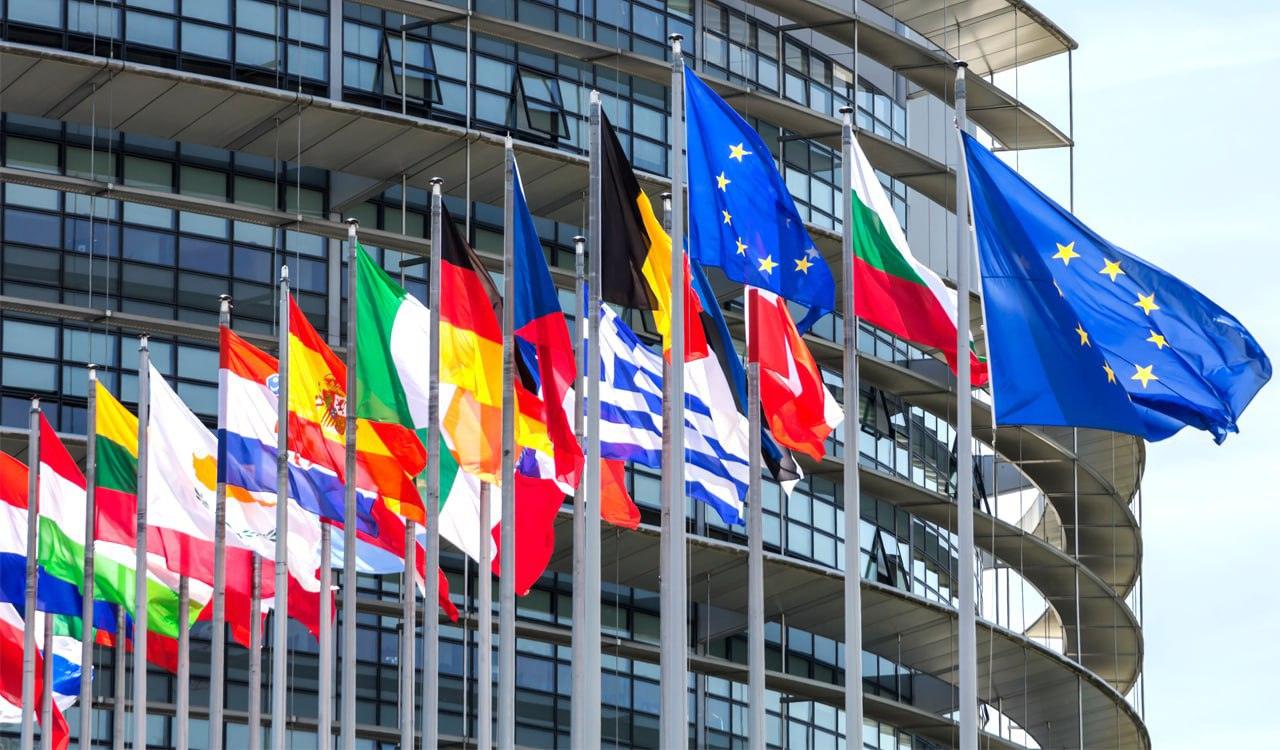The fires and successive floods (which, of course, also affect many other parts of the world) raised an important issue of governmental efficiency in Greece. But can government efficiency in Greece be evaluated objectively?
The answer is given by the new, for 2022, comparative indicators of the World Bank. Among 214 states, for 2022, that Greece has slightly slid back on its performance in the “government efficiency” index. The index records the quality of public services provided and the degree of independence of the state apparatus from political pressures. Greece “slips down to 72nd place from 70th place in both 2021 and 2020 (Singapore is at the top of the ranking).
ING: Greece’s resurgence and an… inconvenient truth for central banks
In the “combating corruption” index, Greece unfortunately drops, in 2022, to 93rd place compared to 87th place in 2021 (and 92nd place in 2020). In the “quality of institutions and regulations” index, which records the state’s ability to implement policies that encourage the development of the private sector, Greece rises, in 2022, to 70th place compared to 72nd place in 2021 (“sliding ” there from 61st place in 2020).
Therefore, any (if we may call it that…) improvement in the aforementioned indicators is moving at a “snail’s” pace. Something that will worry investors and rating agencies. These indicators, according to my work in the “Journal of International Money and Finance”, are a dominant factor in credit upgrading. While the DBRS rating agency just ranked Greece in the investment grade, the “powerful trio” (Moody’s, Standard & Poor’s and Fitch), which international investors look to, ranks Greece one “step” below the investment grade.
OECD: Slams Greek courts – What it recommends for SMEs, work, competitiveness
This “step”, according to the IMF, indicates a probability of bankruptcy of 5.7% within five years. A possible decision by at least one of the three houses to return Greece to the investment grade will not be a panacea. And this is because it will only limit to a small extent the sharp increases but also the sharp fluctuations in our borrowing costs. Studies conclude that when a country “climbs” to the last “step” of the investment ladder, it “anchors” (unfortunately) there for a long time. However, if the specific country “climbs” to the middle “step” of the investment tier, the probability of bankruptcy is reduced to 0.5% within five years! Something that requires a rapid improvement of government efficiency so that Greece can climb another “step”. Then, and only then, will the investment grade act as a reliable “financial safety net”!
Mr. Kostas Milos is a professor of Finance at the University of Liverpool.



